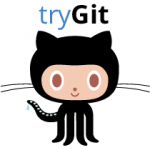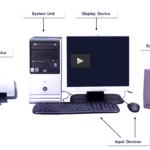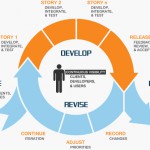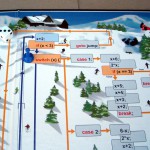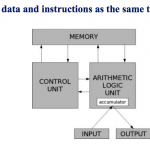
“I hate new year’s day,” Antonio Gramsci wrote in 1916. “Every morning, when I wake again under the pall of the sky, I feel that for me it is New Year’s day. That’s why I hate these New Year’s that fall like fixed maturities, which turn life and human spirit into a commercial concern with […]
